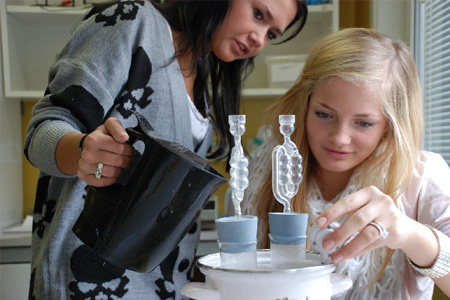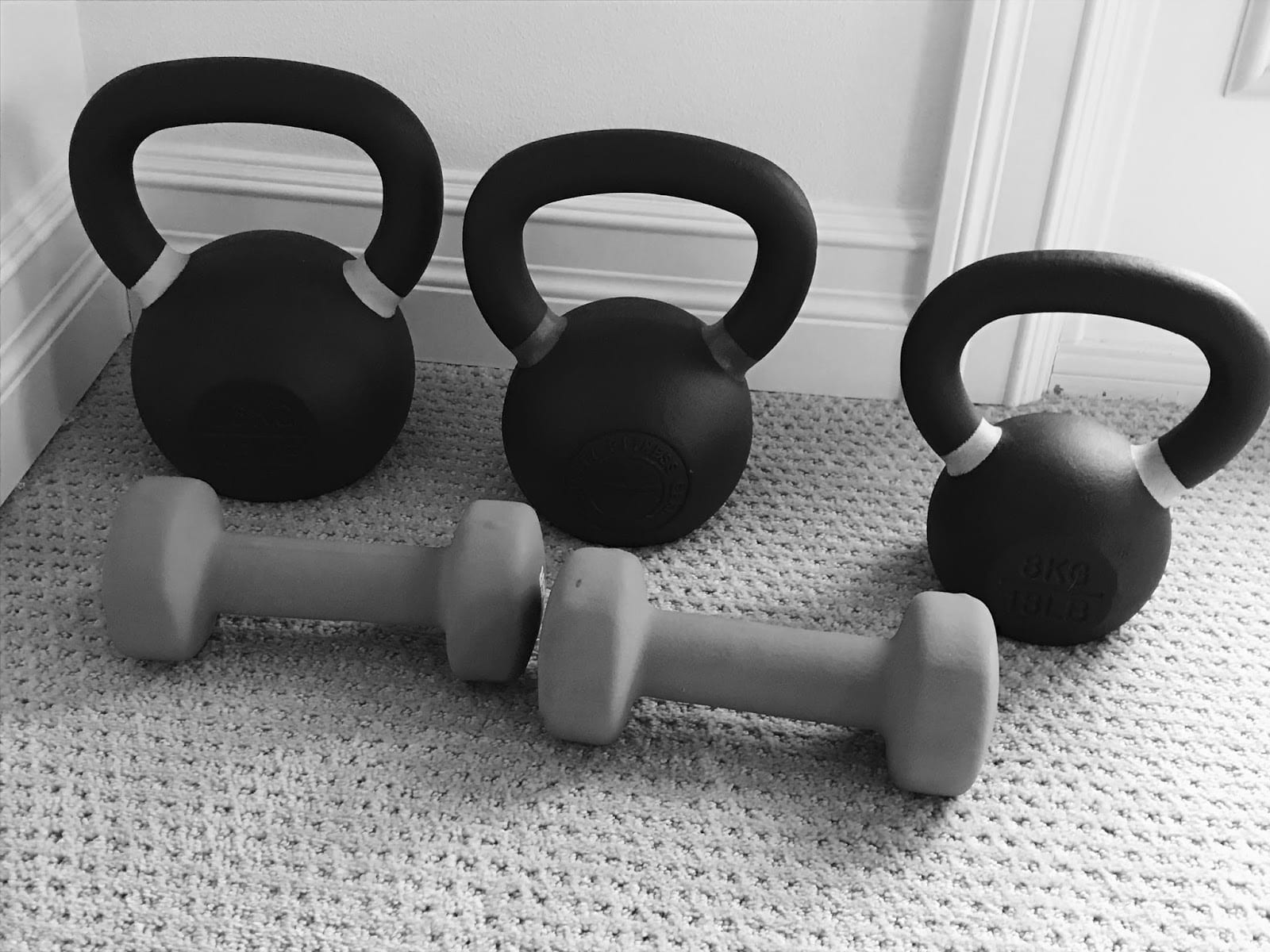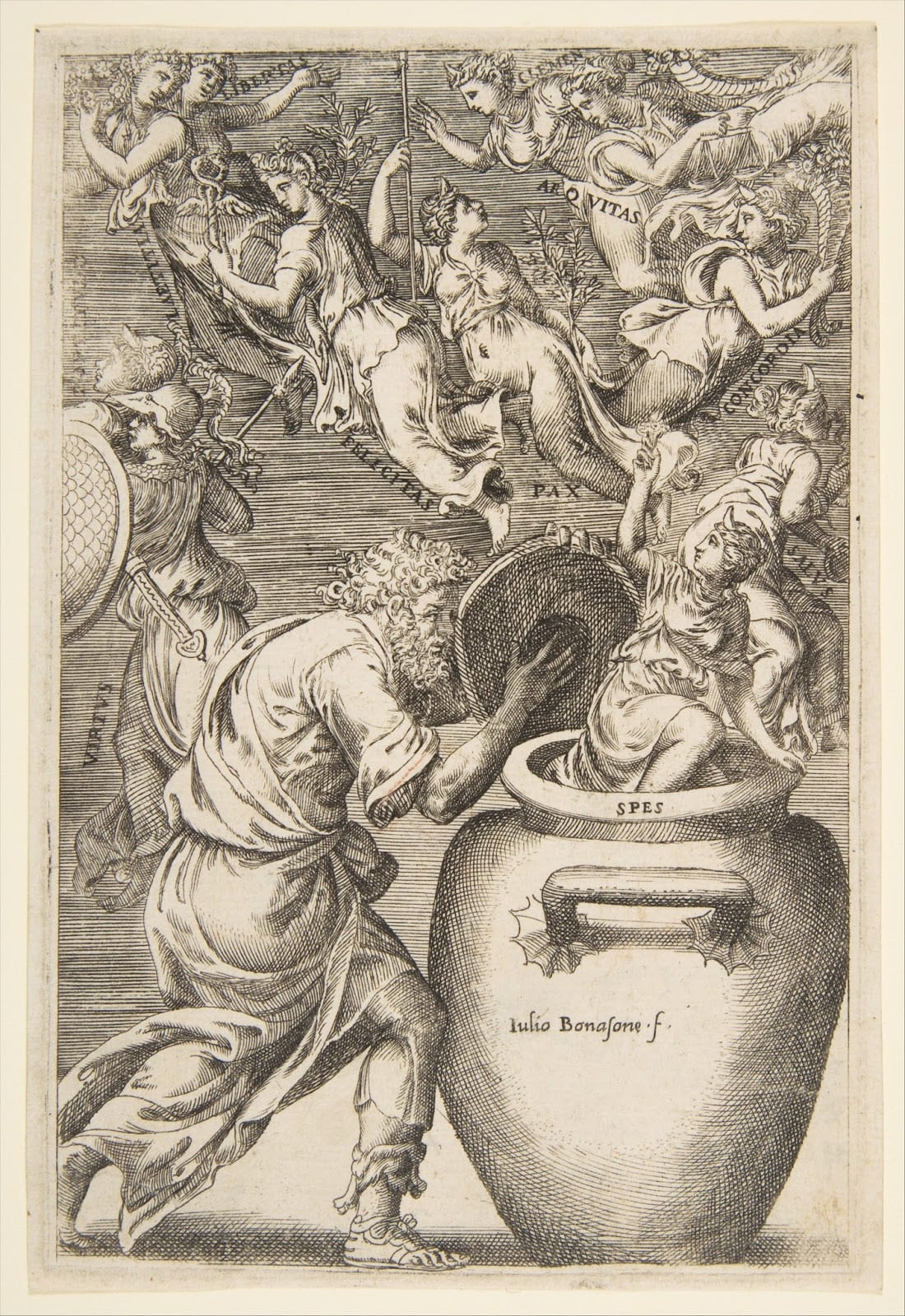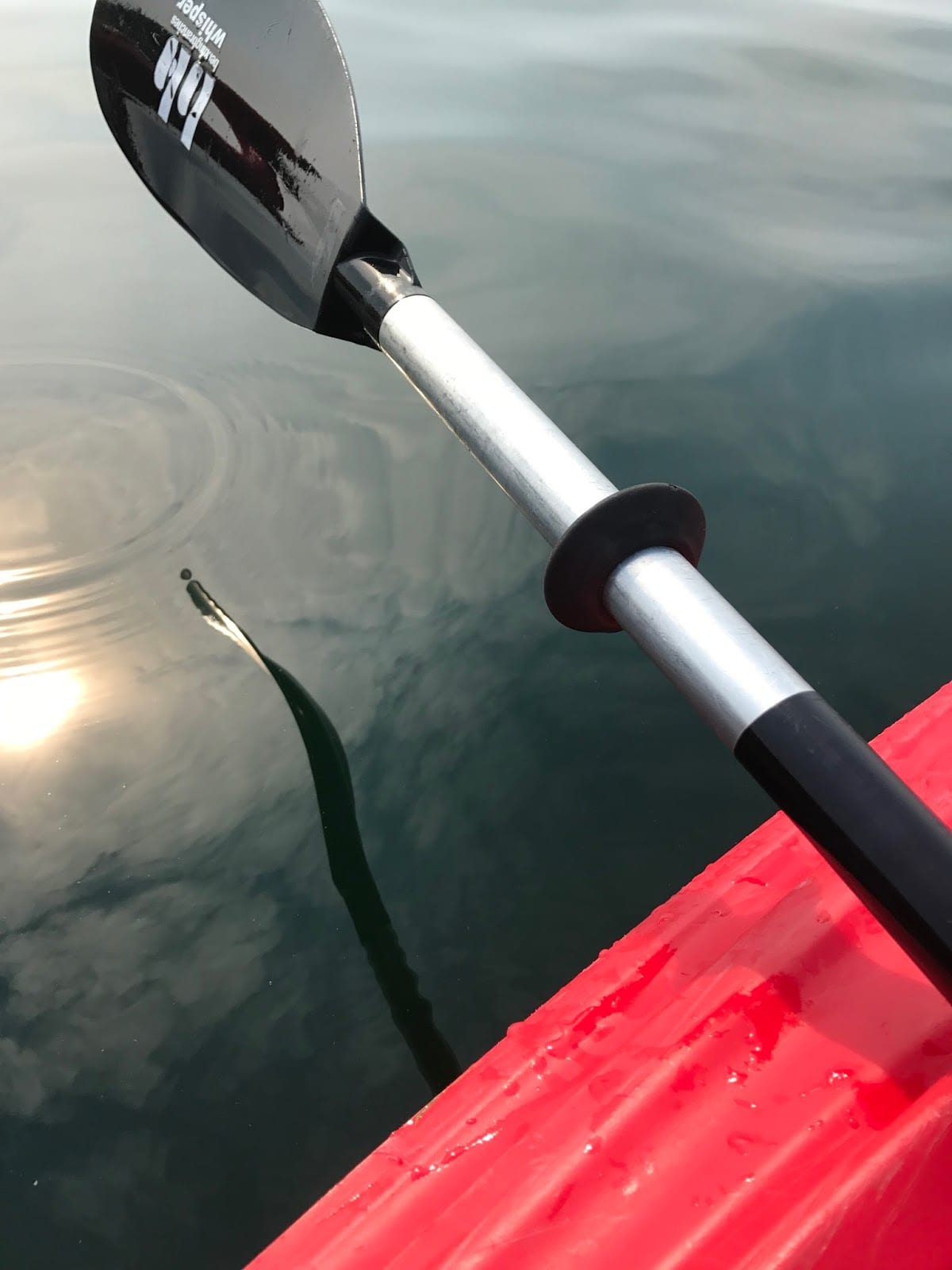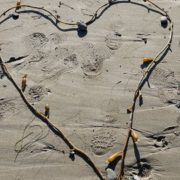
A few months ago, I was talking with a friend and I whispered, “I don’t have a felt sense of being loved. Is that weird?” I whispered it because it felt weird. It felt wrong somehow. Like there was something wrong with me.
Before she could say anything, I quickly spoke again – this time a little louder. “I mean, cognitively, I know I am loved. I have amazing people in my life who I know love me. But I don’t have a trusted, grounded sense of it in my body. In my ‘Self,’ if that makes sense.”
“Oh, Kar. Honey. I’m sorry.”
It was a low point. But also, if you know me, this won’t come as a surprise, it was a bit of a call to action. Because I’ve spent so much time in the last few years developing the Grief and Rage work and tuning into my body to reconnect my brain, body, and spirit, I began to feel like it was important to pay more attention to that. Have I ever had a felt sense of love? Not that I recall. Have I always wanted one? Yes. But I don’t know if that is because it represents security to me or something else.
Most people I know would describe me as a loving person and I do work to let people know I care about them in a myriad of different ways. It used to be a frantic, ‘if I give you this thing (love), you’ll have to give it back to me’ sort of program, but when I had kids it shifted to a much more pure ‘I love you because you exist on the face of the planet’ thing. And the more I dove into community care and read things like bell hooks’ All About Love: New Visions, the more I exercised the muscle of extending unconditional love to everyone around me.
I recently experienced a relationship rupture with someone I cared about very deeply and it was a rich learning experience, for sure. I was hurt and sad and angry and very, very confused. I alternated between reliving some of the sweet, tender times we shared, the laughter and conversations, and being really busy so that my mind was filled with tasks and plans for work. But one night before bed, I began to wonder if I could really walk my talk on unconditional love. I asked myself whether I could simply hold this person in my heart in tenderness and care because of those lovely moments we shared without following threads of what might have come before or how the rupture occurred. Could I just purely open my heart and let this person be held there, period? I asked the question and then went to sleep.
I woke up once in the middle of the night to song lyrics playing in my head that made me smile, and when I woke up in the morning, I knew the answer was yes. It isn’t in my nature to not find a way to love people (is that a Libra thing? Maybe). It’s not an invitation to reconnect without repair, but that is the part where I show myself love, and in the past few weeks, my capacity for self-love has grown enormously. I might even say I am beginning to have a felt sense of my own self-love.
But the question that came to me this morning is whether I actually DO have a felt sense of love in my body and I just haven’t allowed myself to access it. What if it is there and I just have to open myself to the possibility of feeling it? It’s entirely possible that I closed myself off from it because, as a kid, adults would say the words “I love you” and pair them with behaviors and actions that didn’t match. It was confusing and likely easier for me as a child to ignore what I was feeling in my body. When someone says “I love you” and then they physically harm you, how is one supposed to interpret that? When someone says “I love you” and then they shame you or proceed to tell you all the ways you are actually unlovable, where does that land in the body?
Over the years, I have had friendships with people who said “I love you” and then hugged me or acknowledged my gifts or expressed gratitude for me. Is it possible that those things also landed in my body and I just didn’t recognize it or I haven’t discovered yet where they live in me? I know what it feels like to extend love, that warm rush of energy from my heart and belly to another. It is not outside of the realm of possibility that I just haven’t paid much attention to what it feels like coming back to me because it isn’t something I’ve cultivated.
This is probably the strangest Valentine’s Day post I’ve ever written, but in the interest of keeping it real, I wanted to share my belief that love isn’t as complicated as we think it is. It is a body thing, a spiritual thing, no matter how much we try to make it a head thing. Learning to open myself up to where love lives in my physical body, what it feels like as I send it out, where I am intuitively driven to love, and what that energy feels like without parsing it out or analyzing it in my head has given me the knowledge that love just flows. It just is. My attempts to explain it and qualify it (romantic love versus platonic love, love that is “right” or “enough”) and justify it actually interrupt that flow. If I just open myself to the possibility of love, it is there. And it is transformational.
I hope you are feeling loved, today and every day.



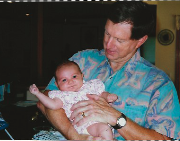
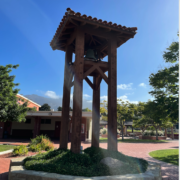
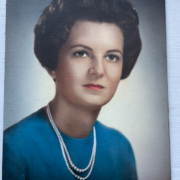
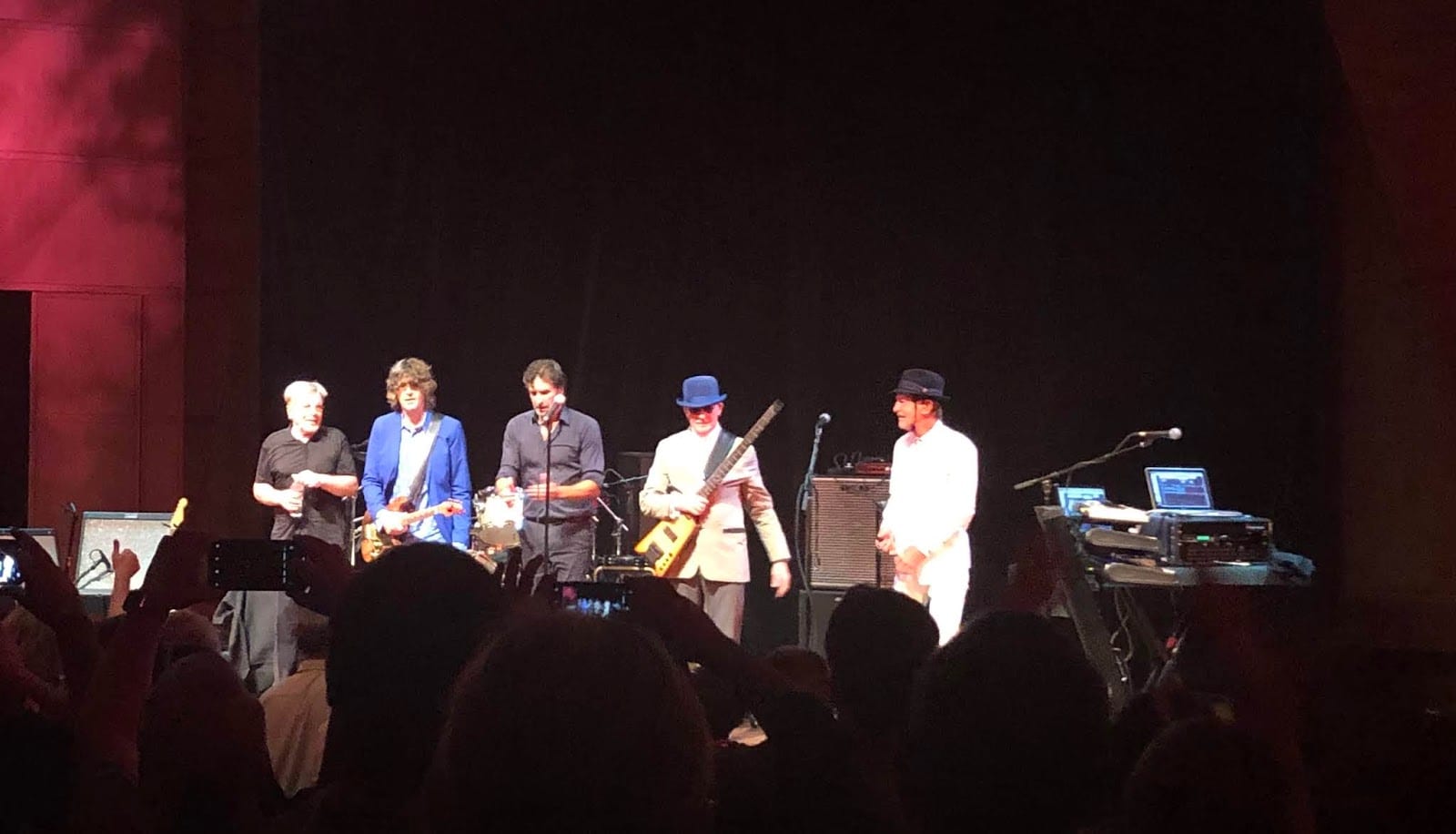
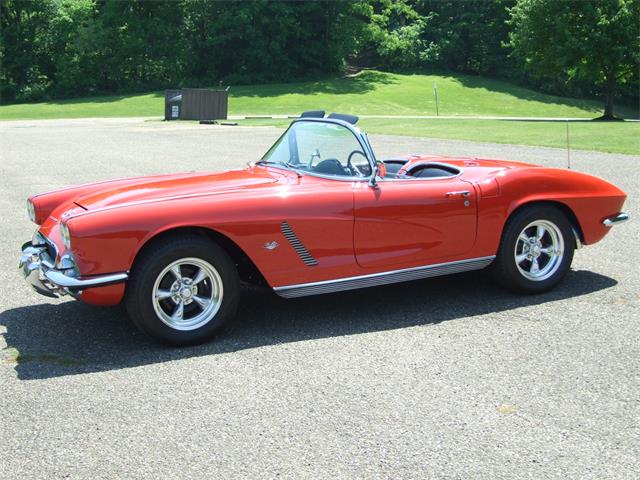

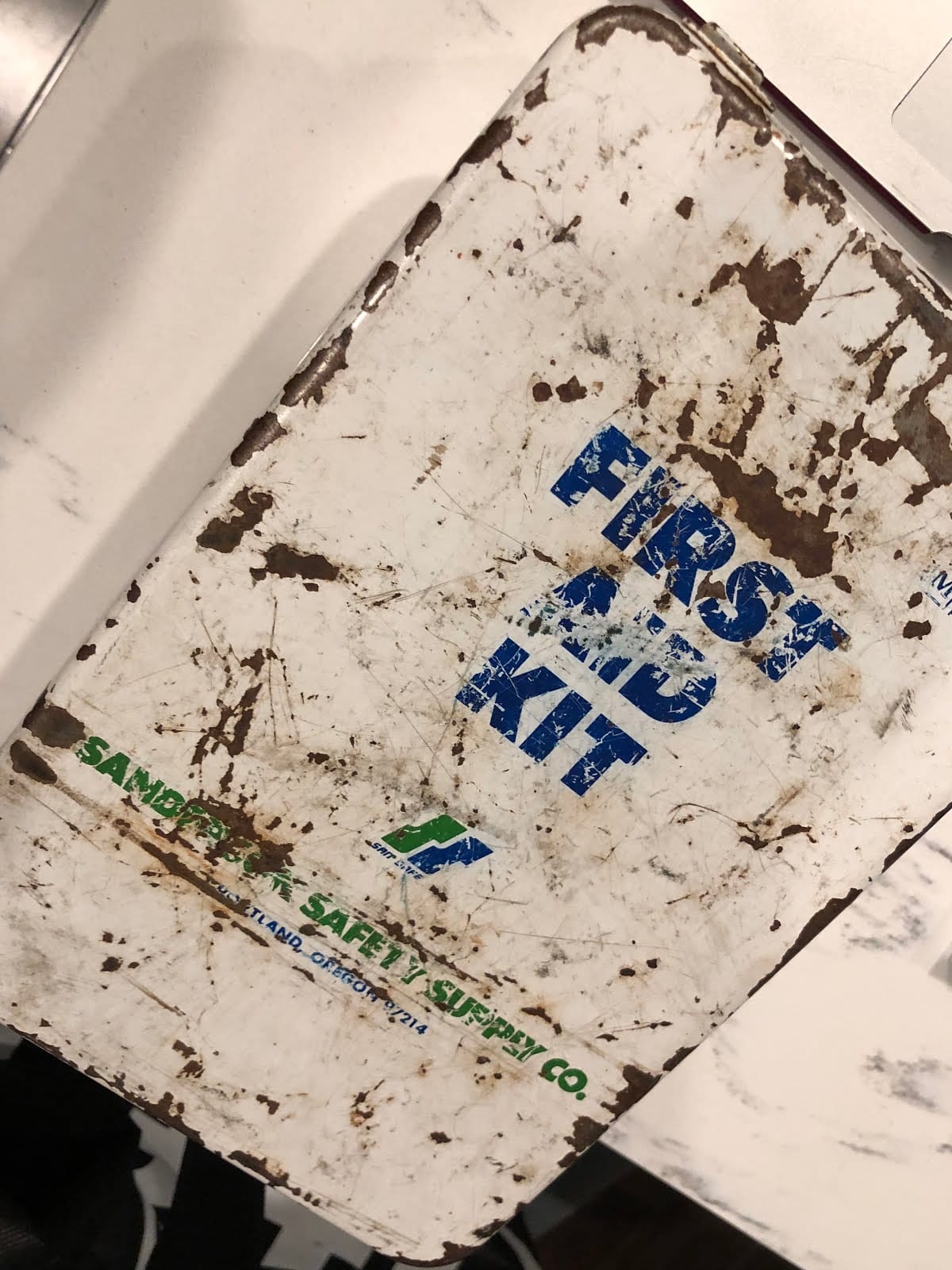 I am so grateful that Lola and her boyfriend are ok and that Sparky cushioned the blow. I am so sad to see him go and while it feels silly to cry over a car, it’s also true that there are so many memories that are conjured up when I think about him. So much laughter, road trips, rides with stinky dogs. I guess maybe I inherited some of Dad’s love of cars, even if I haven’t changed my own oil in a couple decades.
I am so grateful that Lola and her boyfriend are ok and that Sparky cushioned the blow. I am so sad to see him go and while it feels silly to cry over a car, it’s also true that there are so many memories that are conjured up when I think about him. So much laughter, road trips, rides with stinky dogs. I guess maybe I inherited some of Dad’s love of cars, even if I haven’t changed my own oil in a couple decades.